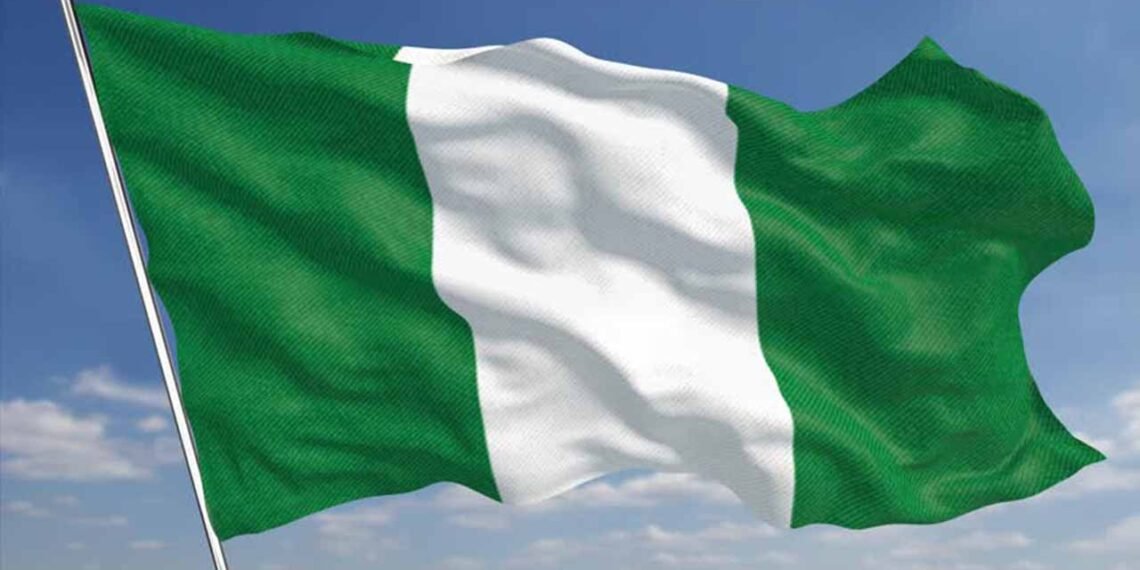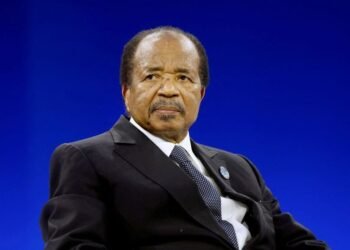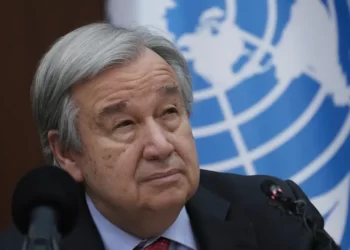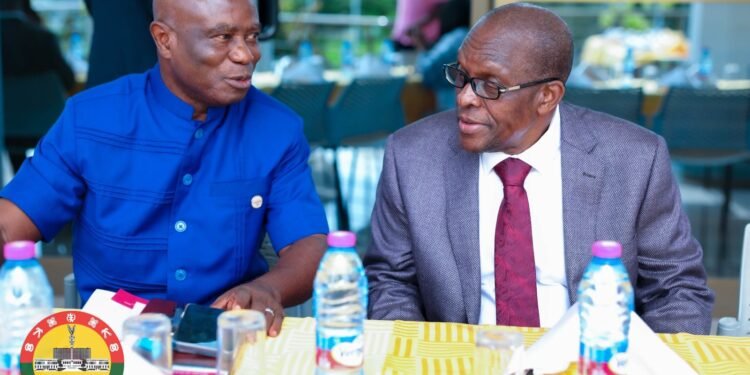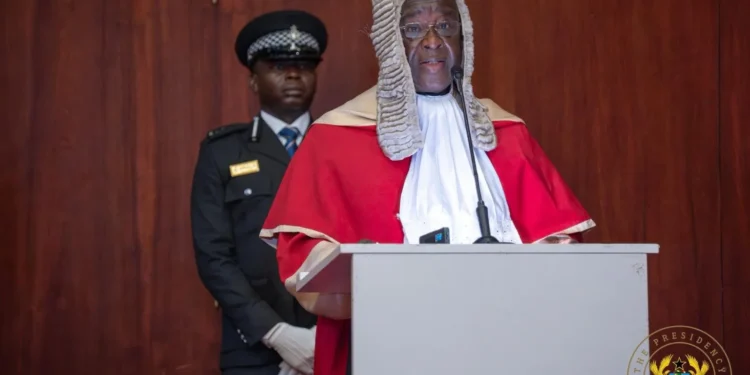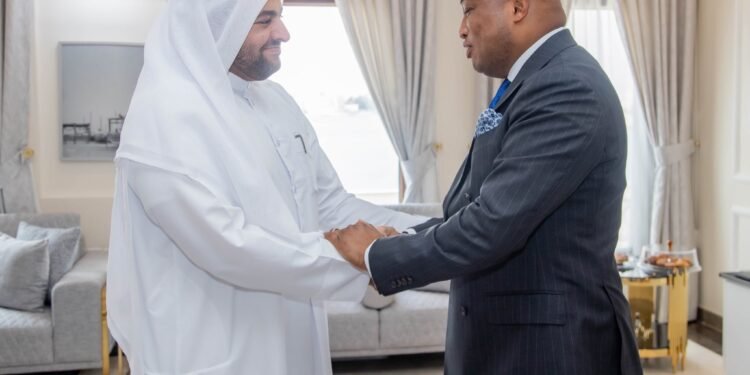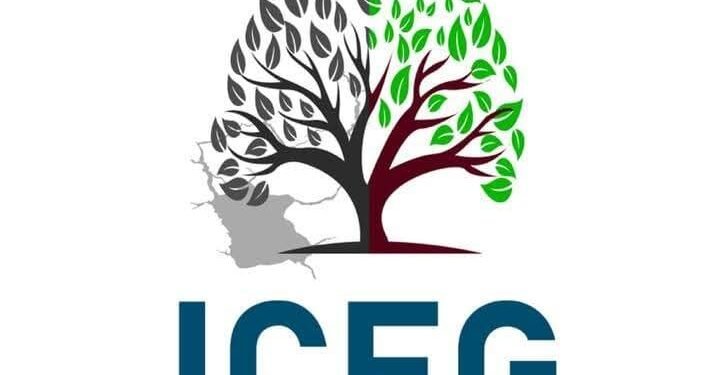Nigeria’s Federal Government has announced the cancellation of the parade earlier scheduled to mark the country’s 65th Independence Anniversary on Wednesday, October 1.
The announcement was made by the Office of the Secretary to the Government of the Federation (OSGF).
“The Federal Government wishes to announce the cancellation of the Independence Anniversary parade, previously scheduled to mark the 65th Independence on Wednesday, 1st October. The cancellation is in no way a diminishment of the significance of this milestone anniversary.”
Director of Information and Public Relations, Segun Imohiosen.
The government noted that, although the parade would no longer take place, other activities scheduled for the celebration would continue as planned. These include the presidential broadcast, cultural programmes, and the grand finale of the National Campus Debate.
“The Federal Government deeply appreciates the understanding of Nigerians, the diplomatic community, and invited guests, and urges all citizens to continue to support the Renewed Hope Agenda of the present administration.”
Director of Information and Public Relations, Segun Imohiosen.
Secretary to the Government of the Federation, Senator George Akume, stressed that Independence Day goes beyond ceremonial displays, describing it as an opportunity for reflection and patriotism. “Independence Day is a profound opportunity for us to reflect on how far we have come as a people, celebrate our resilience, and renew our commitment to unity, peace, and progress,” Akume said.
He explained that this year’s theme, “Nigeria at 65: All Hands on Deck for a Greater Nation,” underscores the collective responsibility of nation-building.
Akume commended President Bola Tinubu’s Renewed Hope Agenda, calling it “the guiding framework for transforming Nigeria.” He acknowledged the economic challenges facing citizens but emphasised that reforms under the administration were essential.
“The reforms are bold and sometimes difficult, but they are necessary to restore investor confidence, strengthen our fiscal position, and lay the foundation for sustainable growth.”
Senator George Akume
He pointed to early signs of progress, including easing inflationary pressures, renewed foreign investment, targeted job creation initiatives, and expanded social programmes designed to support vulnerable groups.
Akume urged Nigerians to transcend political, ethnic, and religious divides, adding, “At 65, Nigeria is still a work in progress. But with renewed hope, shared responsibility and collective resolve, our best days lie ahead.”
Minister Highlights Reforms And Symbolism
Minister of Information and National Orientation, Mohammed Idris, also spoke on the importance of the anniversary. He described Nigeria at 65 as “a monumental commemoration for our dear country.”
Idris drew a symbolic comparison between the anniversary and sapphire, a gemstone associated with wisdom, loyalty and truth. “Just as sapphire is precious and enduring, so too is Nigeria’s journey as a sovereign nation—resilient, wise, and faithful to its destiny,” he said.
He further praised President Tinubu’s leadership, highlighting reforms across sectors such as taxation, education, infrastructure, energy, oil and gas, solid minerals, agriculture, and healthcare. Idris added that Nigeria’s contributions to peacekeeping, regional stability, and global discourse affirmed its leadership role on the continent.
“The theme of this 65th Anniversary, ‘All Hands on Deck,’ is a heartfelt call to all Nigerians and our partners around the world to support these landmark reforms and to work together for the Nigeria of our dreams.”
Minister of Information and National Orientation, Mohammed Idris
Nigeria gained independence from Britain on October 1, 1960. Since then, Independence Day has traditionally been marked with military parades, religious services, and official addresses. The cancellation of this year’s parade marks a rare departure from that tradition but has been framed by the government as a moment for sober reflection and renewed national resolve.
READ ALSO: Ghana’s Skills Gap Widens Despite Growth in Secondary and Tertiary Education

